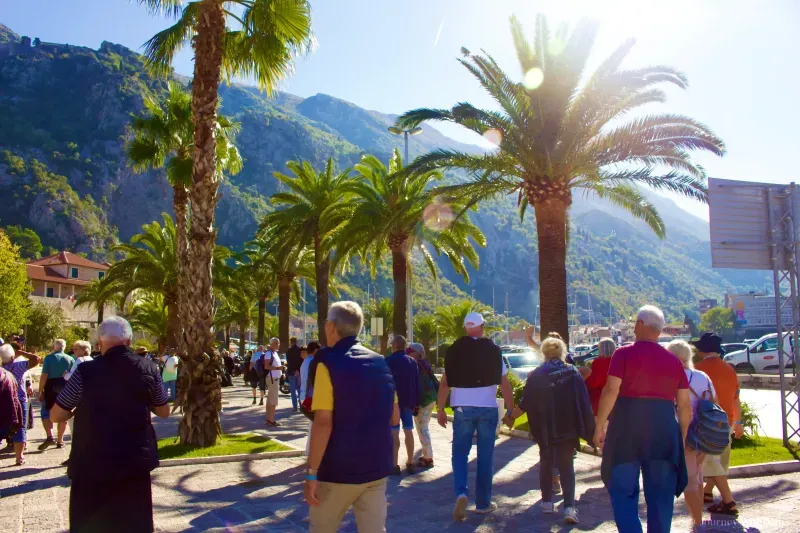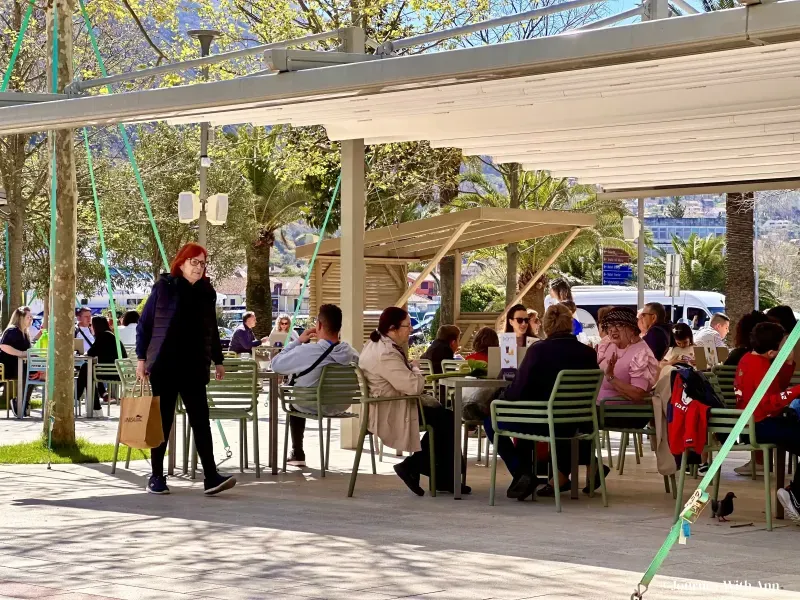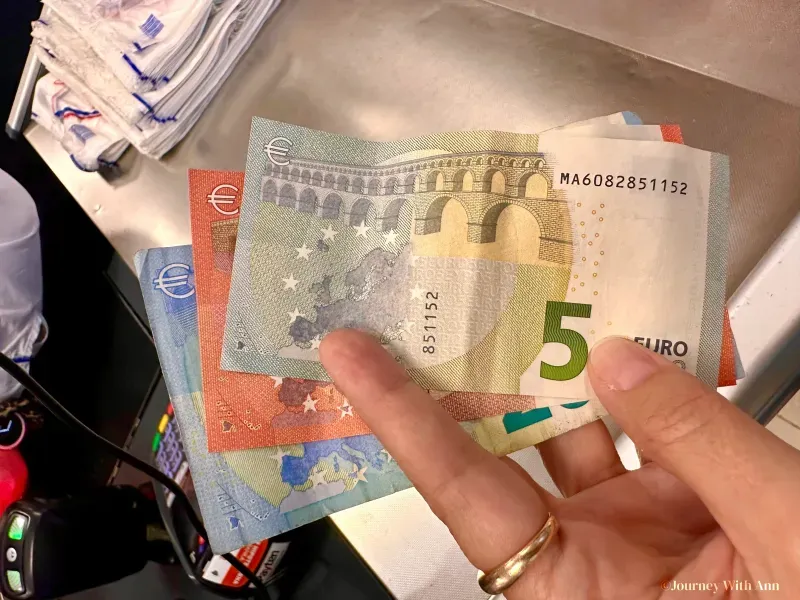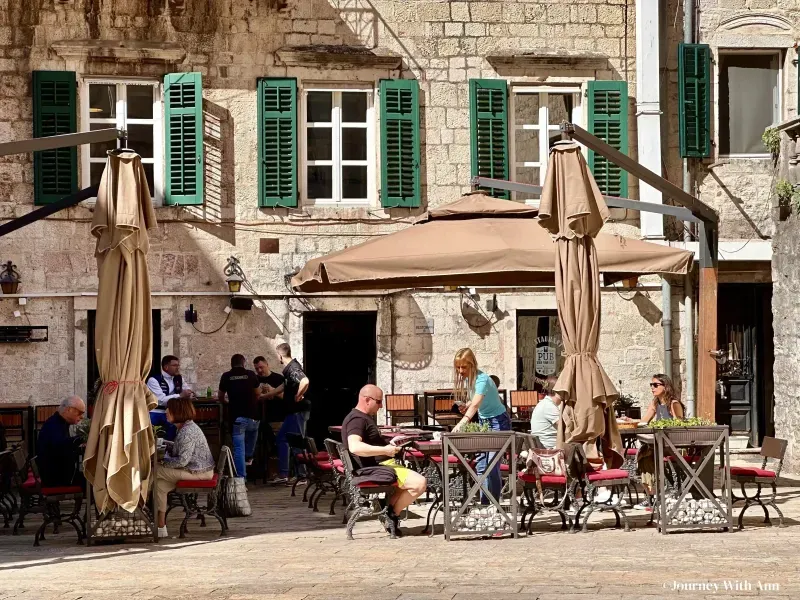Economic Autonomy and the Euro
This decision to adopt the Euro, without the formal agreement of the EU, places Montenegro in a unique economic position. The country benefits from the stability and international credibility associated with using a major global currency. It simplifies trade and investment with Eurozone countries, which is crucial for Montenegro's economy, heavily reliant on tourism and foreign investment, especially in towns like Kotor, which is a significant tourist destination.
Challenges and Opportunities
However, this arrangement also means Montenegro does not have control over its monetary policy, a tool typically used by nations to address economic issues such as inflation or unemployment. The European Central Bank controls the Euro, and Montenegro cannot influence decisions such as interest rates or money supply. This situation presents both challenges and opportunities for Kotor and the broader Montenegrin economy.
Benefits for Tourism and Local Economy
For tourists visiting Kotor, the use of the Euro facilitates transactions, eliminating the need for currency exchange and reducing transaction costs. It makes pricing transparent and comparison shopping easier, contributing to a more seamless travel experience. For the local economy, it encourages investment and spending by making the area more accessible and economically stable in the eyes of international visitors and investors.
Strategic Economic Integration
The adoption of the Euro in Montenegro, and specifically in a tourist haven like Kotor, is a testament to the country's forward-looking economic strategy. It underscores Montenegro's openness to international markets and its desire to integrate more closely with the European economic system. While the benefits are evident in terms of stability and integration, the full implications of this unilateral adoption on Montenegro's economic sovereignty and flexibility in responding to economic challenges remain a topic of ongoing analysis and debate.
Navigating Currency Exchange for Travelers
For travelers arriving in Kotor from countries outside the Eurozone, such as the United States, navigating currency exchange is an important aspect of their journey. Although the Euro is widely used, visitors holding currencies like the US Dollar will find several convenient options for exchanging their money in Kotor. Currency exchange offices, or "mjenjacnice" as they are known locally, are readily available throughout the town, particularly in areas frequented by tourists such as near the main square, at the airport, and in larger hotels. These exchange points offer competitive rates, though it's advisable to compare a few to find the best deal. Banks in Kotor also provide currency exchange services and are typically open on weekdays, offering a secure environment for larger transactions. It's important for travelers to be aware of the current exchange rate and commission fees to ensure they receive a fair exchange value. Using ATMs to withdraw Euros directly can also be a practical option, though fees and exchange rates set by the visitor's home bank should be considered. For a seamless experience, travelers are encouraged to inform their bank of their travel plans to avoid any issues with card usage abroad.
- Tips:
- If possible, it's best to pay by card everywhere, including tips, which you can add to the bill in Montenegro.
- Carry a reasonable amount of cash that suits your needs, and it's best to take it from home with you before traveling to this country.
Conclusion: Kotor and the Euro's Broader Implications
In conclusion, the currency in Kotor, the Euro, is more than just a medium of exchange; it is a reflection of Montenegro's unique position on the European and world stage. It highlights the country's strategic economic decisions aimed at fostering stability, growth, and international integration. Visitors to Kotor, therefore, engage not only with its historical and natural beauty but also with a distinctive economic environment that bridges Montenegro with the broader European community.



